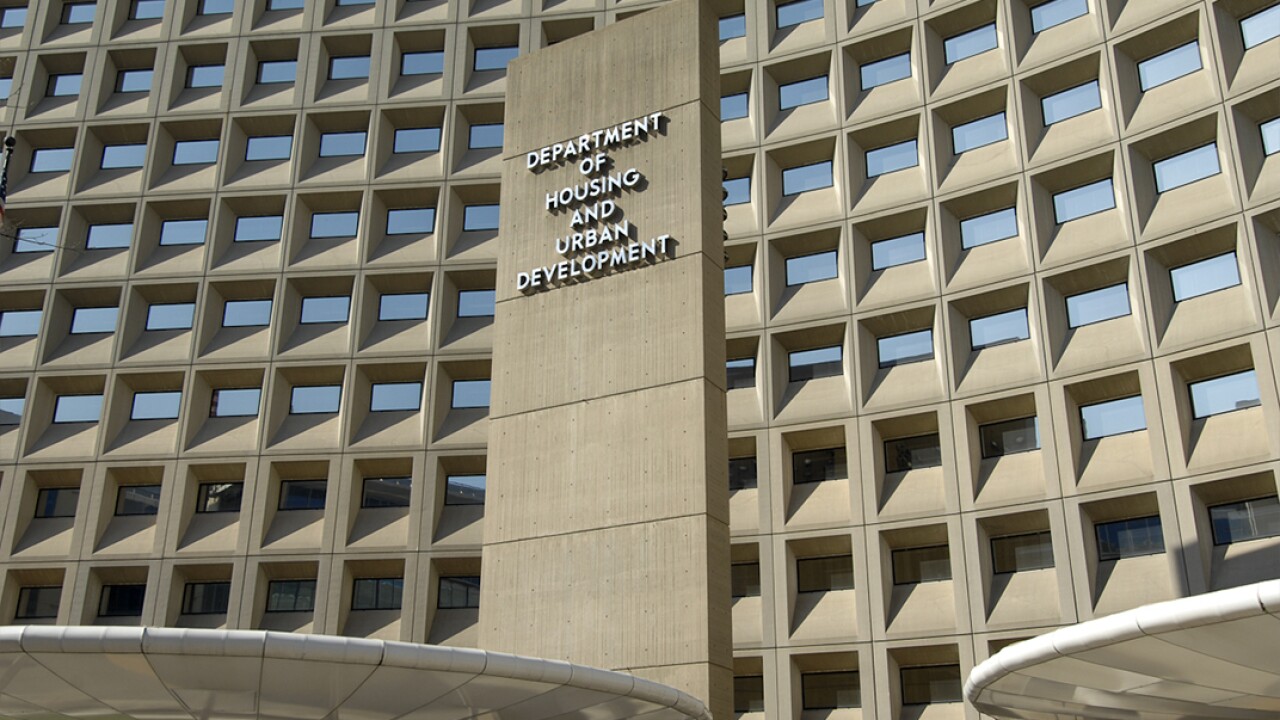The proposed Financial Choice Act recently passed by the House contains many positive reforms that are likely to help community banks and nondepository mortgage lenders. Yet one specific provision poses a major risk to small lenders. Ironically, legislation that supporters say is meant to
In Title V, the bill contains a provision entitled “Safe Harbor for Certain Loans Held on Portfolio.” This particular section would essentially eliminate the regulatory requirement that lenders evaluate and document borrowers’ “ability to repay” in cases where a bank holds the loan on its books. At first blush, this makes complete sense. If a bank is continuing to hold the loan, then it is assuming all the risk — and the lender would only do that if it was confident in the borrower’s ability to repay the loan. Yet a deeper understanding of the markets and the rules suggests this proposal could threaten the viability of a highly competitive banking system that has an ample number of both community and large banking institutions.

In order for a bank to hold a large enough quantity of loans on its balance sheet to be profitable, a bank’s overall volume has to be able to support the portfolio size. Obviously, only the largest banks have sufficient capital to support large numbers of portfolio loans. Moreover, any legal liability from the current “ability to repay rule” is only relevant during the early years of a loan. Once a borrower has made payments for two to three years, it is already somewhat self-evident that the borrower can afford the loan, and the ATR risks become negligible.
Practically speaking, the effect of such a law would be devastating to smaller lenders incapable of supporting large portfolios. Larger lenders would have the ability to offer all types of loans — interest-only, stated-income, higher debt-to-income ratios, etc. — that are severely limited by the Dodd-Frank Act. However, the remainder of the market would not be able to compete. The reality is that larger banks could literally corner certain markets of borrowers and be able to offer a more diversified product mix to all borrowers of all sorts. Meanwhile, smaller lenders would legally not be able to compete unless and to the extent the big banks wanted it.
The large banks would offer borrowers the ability to consider a variety of loan programs and change those programs during the loan process — something community lenders would not be able to offer. It is not so much that large banks would have a competitive advantage over community lenders as it is that they would face no competition whatsoever.
Another serious problem about the Financial Choice Act is that it seems to assume that we can trust the large depositories to act in a fiscally responsible manner that avoids unreasonable risk. Rhetorically, wasn’t that the mistake politicians made leading up to the financial crises that gave rise to Dodd-Frank in the first place? Remember, the lenders that made problematic loans circa 2003 always had the potential for some liability associated with their origination. Yet that potential risk did not register in big bank executives’ minds when annual earnings bonuses were at stake. Why would it be any different this time?
Certainly, the concept of loosening credit markets to provide a broader lending market to address the needs of all Americans is sensible. However, it has to be implemented in a manner that does not disadvantage the community lender in favor of the largest institutions and does not pin all hopes of avoiding another financial catastrophe on a handful of executives whose personal short-term goals might obfuscate macro-long-term considerations.
The old adage about the devil being in the details may be the perfect way to describe the FCA. No doubt it contains some powerful reforms to assist Main Street. Yet if lawmakers don’t pay close attention, seemingly benign language providing common-sense relief could create an oligopoly that sets our economy down an all-too-familiar and troubling path.





